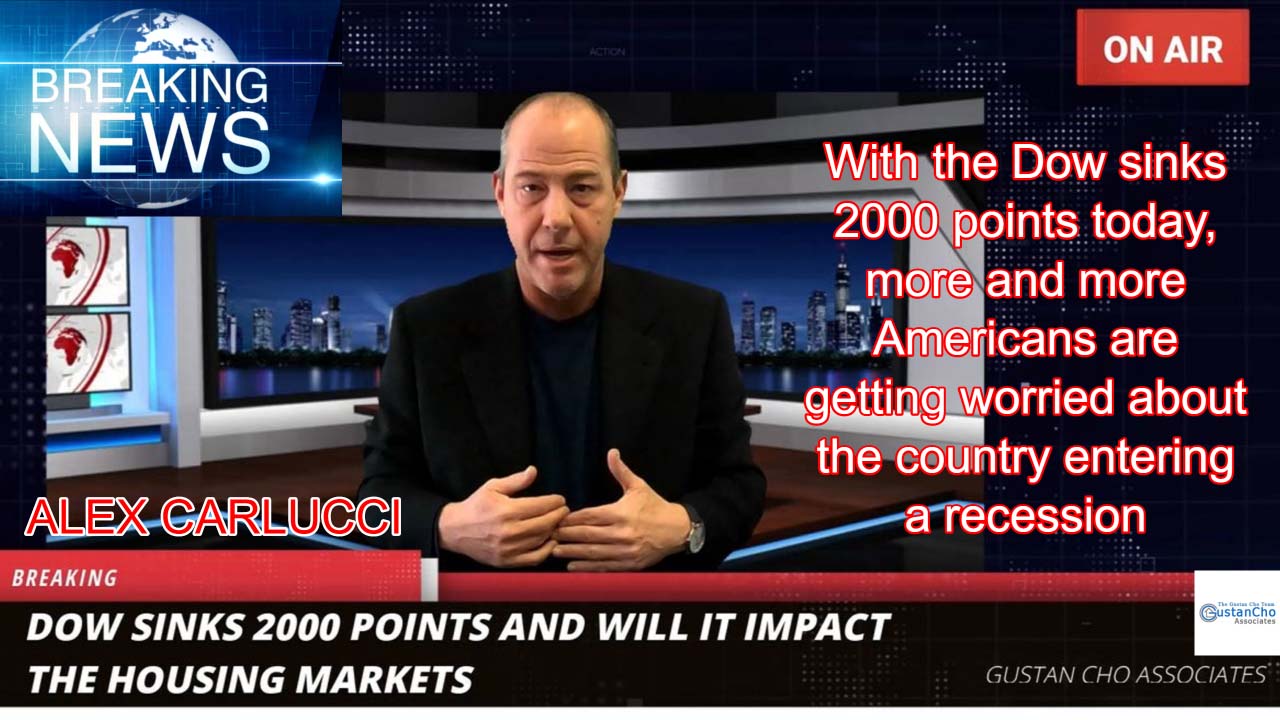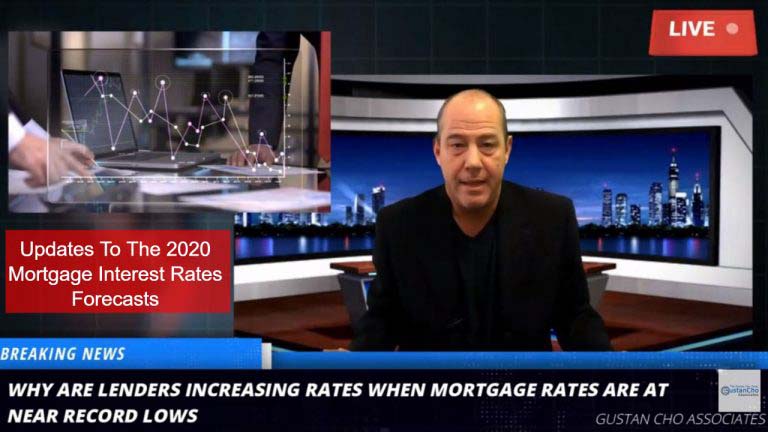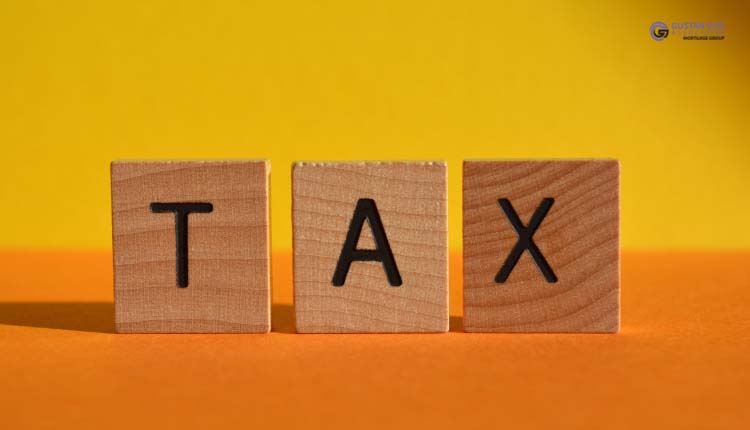- Besides the coronavirus scare, the oil war overseas triggered the stock market selloff Monday morning
- 10-year Treasuries tanked to near lows
- At one point today, the yield on the 10-year Treasuries were trading at 0.337 but closed at 0.408%
- Mortgage rates are at all-time lows
- Some banks are refusing to take new mortgage loan applications
- This is because they do not have the manpower
- Mortgage loan applications are skyrocketing since the coronavirus outbreak and the stock market selloff
- The markets entered correction territory
- The stock markets enter correction territory when it drops more than 10% from the all-time highs
- A Bear Market is when the markets drop 20% or more
- The uncertain market swings are taking a toll on homebuyers
- The 2020 housing market forecast remains strong
- However, that can change if homebuyers lose consumer confidence in the economy where they may lose their jobs
- With the Dow sinks 2000 points today, more and more Americans are getting worried about the country entering a recession
In this article, we will discuss and cover Dow Sinks 2000 Points And Will It Impact The Housing Markets.
Dow Sinks 2000 Points Triggers Worries Of A Recession
Dow Sinks 2000 Points sending panic to investors the financial markets are hovering close to bear market territory. The Dow Jones Industrial Average plummeted 2,021.27 or 7.8% on Monday due to the coronavirus outbreak and steep sell-off in crude oil. This drop was the worst decline in the Dow since 2008. All other markets followed in the freefall of the Dow. The S&P 500 plummeted 6.63%. The Nasdaq dropped 7.29% at the close of trading.
A market analyst for Gustan Cho Associates, follows the correlation between the equities markets and mortgage rates.
Markets plunged early in the trading session, forcing a temporary halt to trading. The 15-minute halt was caused by an automatic circuit breaker safety mechanism that kicked in to prevent a free fall after the S&P 500 plunged by more than 7% within minutes of market opening. The recent decline in the markets has resurfaced concerns about a global economic slowdown. The only way to avoid a recession would be a quick and very aggressive fiscal policy response by the Trump administration. But this seems unlikely as the administration continues to significantly downplay the severity of the crisis. Monday’s market plunge came after OPEC talks fizzled over the weekend and Saudi Arabia slashed oil prices, triggering a price war and sending U.S. crude oil prices plunging by more than 25% — fanning even more uncertainty among investors. Moody’s Investor Services also issued a revised economic outlook report Monday, warning that global recession risks have risen and several unknowns make for a highly unpredictable environment. There are several unknowns, including the future spread of the virus and the economic consequences. The degree of uncertainty around our forecasts is unusually high, and far more severe scenarios are possible. It added that many financial factors could snowball into deeper economic contraction. The fact that all economies, big and small, are simultaneously facing this same negative shock would reinforce the recessionary cycle.
Panic And Uncertainty In The Markets
President Trump and his administration are monitoring the coronavirus outbreak as well as the markets. Wall Street does not do well in situations of uncertainty. Another major factor in creating market chaos is fear. These 1,000 plus up and downswings are a sign of panic by investors. The White House is doing everything possible to reassure Americans that everything is under control and fine. CEO’s of companies are also telling the public that everything will be fine and their companies are fundamentally solid and strong. Many other countries overseas are in a global recession risks and seem like the U.S. is headed that direction. The future spread of the coronavirus is a concern by Americans. There is no cure and/or vaccine for the deadly contagious coronavirus. It may take over a year or longer to develop a vaccine. Company CEO’s are preaching investors not to panic. Consider investments as long-term investments. The financial markets will be in chaos for the days, weeks, months to come.
How The Stock Market Sell-Off Affects The Housing Markets
The 2020 housing market forecast is strong. The only thing that can change is if homebuyers are losing faith and confidence in the economy. Mortgage rates at near lows trigger the strong housing market for new homebuyers. However, if homebuyers are fearful about potentially losing their jobs, they will hold off in buying homes. If the financial market uncertainty continues, it may affect the housing markets. While refinance mortgage applications were skyrocketing, purchase mortgage applications drop 10% last week. As of now, the 2020 housing market forecast remains strong. However, it may change depending on how volatile the equities markets are.









